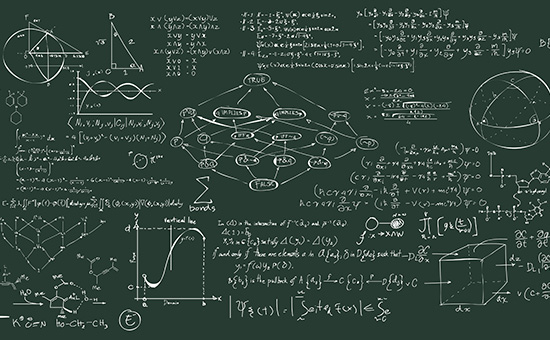
• Discover Machine Learning
• Know Python libraries for data mining and scientific computing
• Produce robust and quality Python code
• Developers
• Statisticians
• Introduction to the language, first Python script.
• Presentation of development environments (Anaconda).
• Jupyter notebook: an efficient environment for the presentation and reproducibility of scientific results.
Fundamentals of Python programming
• Python data structures (lists, tuples, dictionaries).
• List traversal and generation (itertools, iterators, generators and comprehension lists).
• Good practices: exceptions, type checking, etc.
Code organization and quality
• Comments and cleanliness (docstring, linters, pep8, etc.).
• Modularity and reusability of code (file import, Object Oriented Programming and polymorphism).
• Algorithms and complexity.
Distribution, isolation, and package management
Introduction to scientific programming
• Scientific programming vocabulary and statistical analysis.
• Main machine learning algorithms (supervised analysis, unsupervised analysis, classification, and regression).
• The scientific stack: Numpy, Scipy, Scikit-learn, Pandas, Sympy, Matplotlib.
Descriptive statistics and data structures
• Data management with pandas: import, dataframes, slicing, mapping (reading, formats, date management).
• Visualization with Matplotlib.
Machine Learning with Scikit-learn
• Presentation, linear modelling and prediction, classification with Scikit-learn.
Scientific computing with Numpy
• Presentation, data structure, indexing, slicing, iterating.
Scientific computing with Scipy
• Overview, linear algebra, application.
3 days
Entire Catalog
Available on this link

Are you interested in this training ? Register now !
© ARTELYS • All rights reserved • Legal mentions